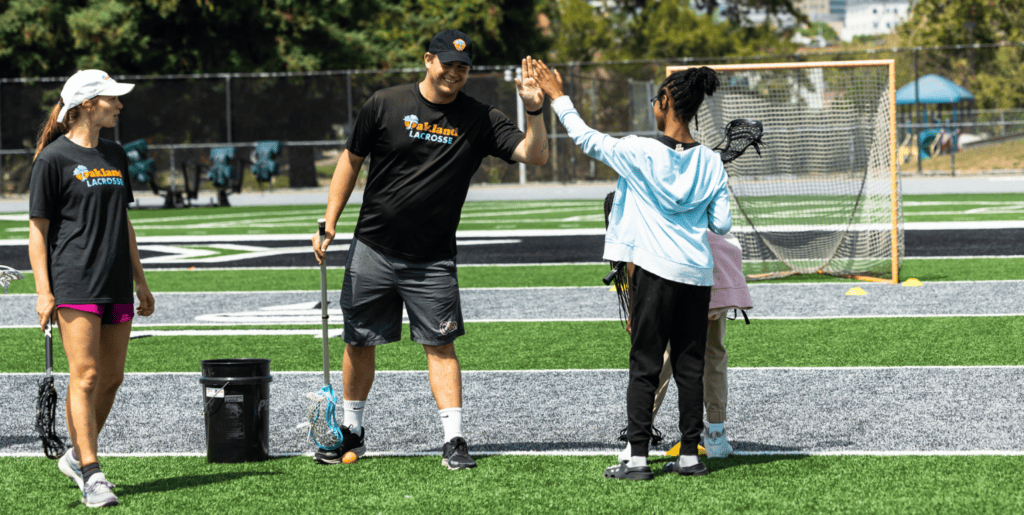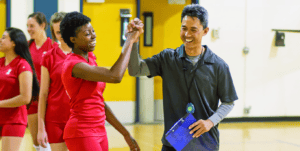PCA Resource zone
Creating Positive Sports Environments and Intervention Strategies to Handle Challenges

Everyone would like youth sports experiences to be positive and educational. But despite our best efforts emotions can get the best of us. At times we can experience unwelcome behavior at games, such as yelling at officials or opponents. Here are guidelines for how to support a positive sports environment and how to intervene, if necessary.
Set Behavior Expectations with Athletes, Families and Spectators
- Codes of Conduct: Establish and enforce clear codes of conduct for spectators, emphasizing behaving respectfully towards players, coaches, and officials.
- Recognize and Reward Positive Behavior
- Fan Recognition: Publicly recognize fans who display positive behavior, such as good sportsmanship or team spirit, during games.
- Incentives: Offer incentives, like discounted tickets or gear, to fans who consistently demonstrate positive support.
Foster School Spirit
- Student Sections: Create designated student sections that encourage organized and positive cheering.
- Spirit Weeks: Organize spirit weeks with themed days leading up to big games to build excitement and unity.
Improve Communication
- Clear Messaging: Use social media, newsletters, and announcements to communicate expectations for fan behavior.
- Responsive Channels: Create channels for feedback and ensure concerns about spectator behavior are addressed promptly and effectively.
- Pre-Game Announcements: Make regular announcements before games to remind fans of the importance of respecting officials and maintaining a positive atmosphere.
Proactive Intervention
- Zero-Tolerance Policy: Implement and enforce a zero-tolerance policy for abusive or disruptive behavior. If all steps above fail, officials should stop the game until those who are engaging in disruptive behavior leave the premises. If they refuse, then the police should be called to remove them. Remember, people watch how organizations deal with these situations. They will improve their behavior if they see that your organization means business.
- Conflict Resolution: Train staff and volunteers in conflict resolution to handle situations calmly and effectively.
By implementing these strategies, leaders can create environments that not only support the athletes but also enhance the overall experience for spectators, leading to a more positive and engaged fan base.







